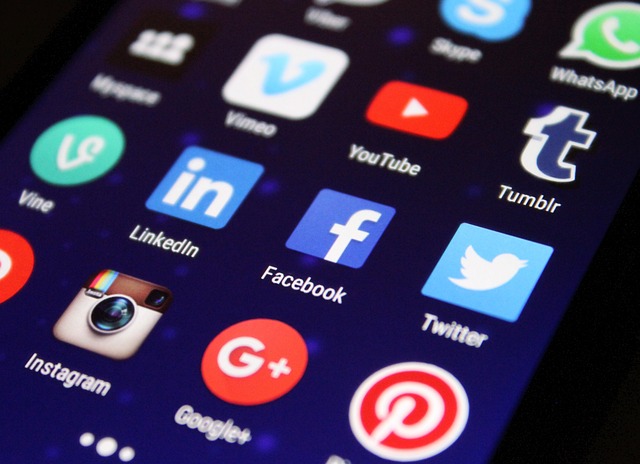The Psychology Behind Social Media Influence: Exploring Trends and Impact
In today’s digital age, social media is more than just a platform for sharing photos or status updates; it has evolved into a powerful tool that shapes our perceptions, behaviors, and even our mental well-being. Understanding the social media psychology that drives user engagement is crucial in grasping its profound impact on society. With billions of users logging in daily, the influence of social media extends beyond individual interactions and seeps into the very fabric of our culture.
At its core, social media psychology relates to the motivation and emotional responses that users experience while interacting with various platforms. One of the most significant effects of social media is the way it fosters a sense of community and belonging. Users often curate their online personas, sharing snippets of their lives that could portray either an idealized version of reality or a more authentic narrative. This duality can lead to feelings of inadequacy among those who compare their lives to the highlights displayed online.
Another critical aspect is the impact of social media on mental health. Studies have shown a correlation between excessive social media use and increased feelings of anxiety and depression. The quest for likes, shares, and followers can create a cycle of validation and dependence, drawing users deeper into the social media realm. People often find themselves losing track of time as they scroll through feeds, and this compulsive behavior can lead to detrimental effects on real-life relationships and responsibilities.
Moreover, social media has become a primary venue for communicating trends and shaping opinions. Each post, tweet, or video has the potential to reach thousands, if not millions, of viewers, giving rise to viral phenomena that can impact everything from fashion to political movements. The way information is received and processed in the age of social media illustrates the importance of psychological factors such as cognitive biases and social proof. For instance, users are more likely to engage with content that aligns with their existing beliefs, leading to the creation of echo chambers where dissenting voices are drowned out.
Brands have tapped into this psychology, using targeted advertising to reach audiences more effectively. Understanding user behavior, preferences, and emotional triggers is vital for marketers looking to captivate their target demographics. The rise of influencer marketing is a testament to this, as social media personalities wield significant power in determining trends and shaping consumer behavior. They often provide relatable narratives that resonate deeply with their followers, making them more persuasive than traditional advertising methods.
While the impact of social media is undeniable, it is essential to approach these platforms critically. Being aware of the psychological effects can empower individuals to navigate social media more healthily and mindfully. Building genuine connections offline, taking breaks from screens, and focusing on real-world interactions can mitigate some of the adverse effects of excessive social media consumption.
In conclusion, social media psychology plays a pivotal role in understanding the impact of these platforms on our lives. As we continue to engage with social media, recognizing the underlying psychological mechanisms at play will empower us to balance our digital experiences with our mental health and well-being.



